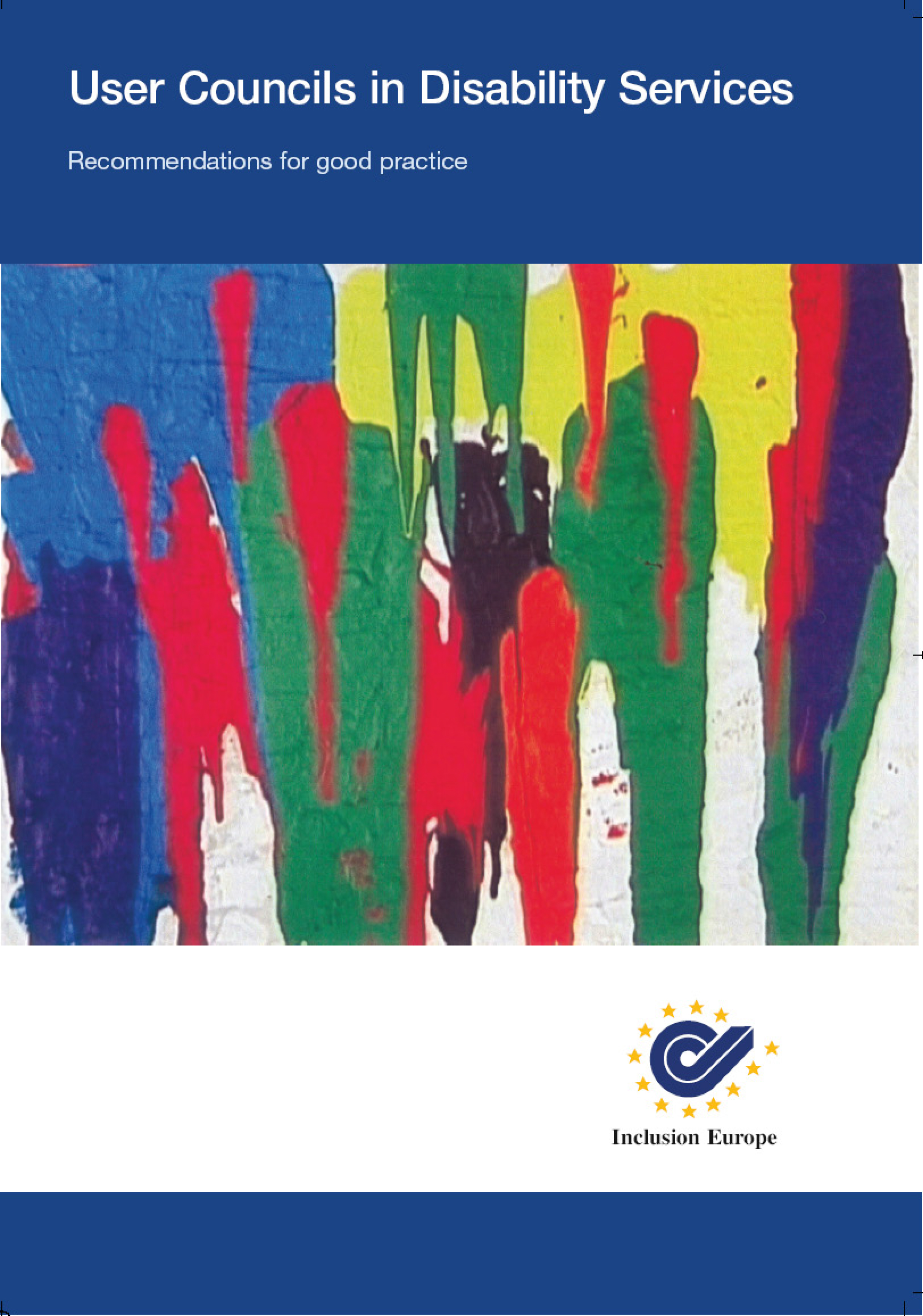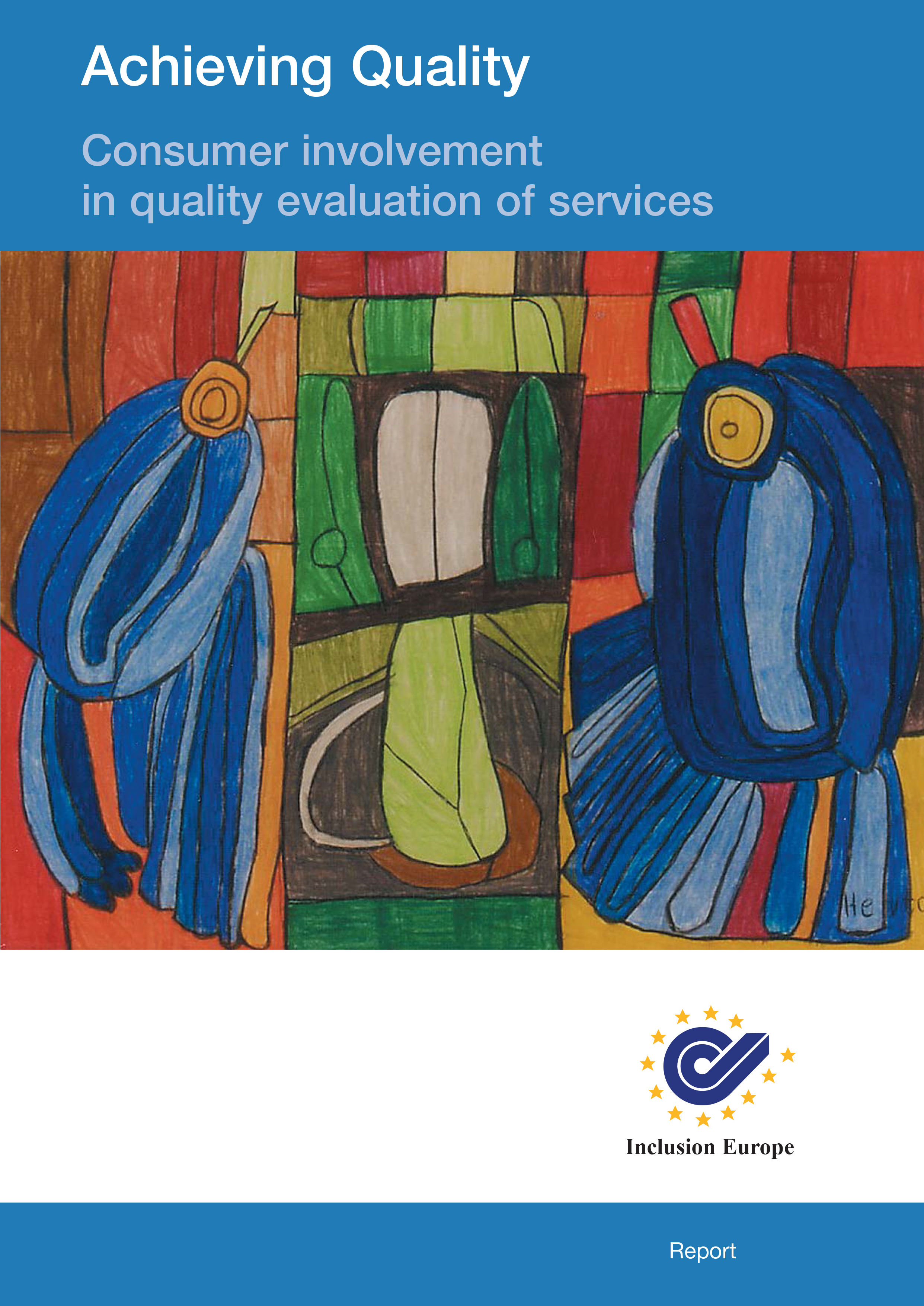
All people with disabilities have a right to live independently and be included in the community, as outlined in article 19 of the UN CRPD. Some people with autism require 24-hour support with all aspects of daily life, while others are able to live independently.
Those who are able to live independently sometimes also require some support. The support that a person needs depends on their individual difficulties and can include things like assistance with understanding letters and paying bills, budgeting, making decisions and solving problems.
Regardless of the severity of their condition, all autistic people have the right to live as independently as possible and to be included in the community under the United Nations Convention on the Rights of Persons with Disabilities.
Receiving appropriate support is essential to enable people with autism to live independent and fulfilling lives, and be included in the community.
By contrast, a lack of support often leads people with autism to live in isolation and/or heavily dependent upon their families. In some parts of Europe, many people on the autism spectrum are often forced to live in large residential institutions in which they are prevented from going outdoors or even leaving their beds, denied their fundamental rights and neglected and/or abused.
Autism-Europe advocates for deinstitutionalisation, the right to housing and living support appropriate to their individual needs, as well as the right of people with autism to choose their own living circumstances.
Under the United Nations Convention on the Rights of Persons with Disabilities, people with autism have the right to housing and living support that is adapted and appropriate to their needs.
Resources
- Project: Included in Society – Deinstitutionalisation of disabled people (2003- 2004)
- The European Coalition of Community Living
- UN CRPD – Article 19: Living independently and being included in the community

